#nonfiction reading
Explore tagged Tumblr posts
Text
Stonewall Book Awards Nonfiction Winners 2025-1971
Some years had multiple nonfiction winners. How many have you read?
Sex With a Brain Injury: On Concussion and Recovery by Annie Liontas (Scribner, an imprint of Simon & Schuster LLC)
Hijab Butch Blues by Lamya H (The Dial Press)
The Women’s House of Detention: A Queer History of a Forgotten Prison by Hugh Ryan (Bold Type Books)
Faltas: Letters to Everyone in My Hometown Who Isn’t My Rapist by Cecilia Gentili (Little Puss Press)
Dear Senthuran: A Black Spirit Memoir by Akwaeke Emezi (Riverhead Books)
Queer Games Avant-Garde: How LGBTQ Game Makers are Reimagining the Medium of Video Games by Bonnie Ruberg (they/them) (Duke University Press)
How We Fight for Our Lives: A Memoir by Saeed Jones (Simon & Schuster)
Go the Way Your Blood Beats by Michael Amherst (London: Repeater Press)
Queer Threads: Crafting Identity and Community by John Chaich and Todd Oldham (Los Angeles: Ammo Books)
How to Survive a Plague: The inside story of how citizens and science tamed AIDS, by David France (New York: Alfred A. Knopf)
Speak Now: Marriage Equality on Trial, by Kenji Yoshino (New York: Crown Publishers)
Living Out Islam: Voices of Gay, Lesbian, and Transgender Muslims, by Scott Siraj al-Haqq Kugle (New York: New York University Press)
American Honor Killings: Desire and Rage Among Men, by David McConnell (New York : Akashic Books)
Raising My Rainbow: Adventures in Raising a Fabulous, Gender Creative Son, by Lori Duron (New York: Broadway Books, an imprint of Crown Publishing, a division of Random House, Inc.)
For Colored Boys Who Have Considered Suicide When the Rainbow is Still Not Enough: Coming of Age, Coming Out, and Coming Home, edited by Keith Boykin (New York : Magnus Books)
Hide/Seek: Difference and Desire in American Portraiture, by Jonathan D. Katz and David C. Ward (Washington, D.C. : Smithsonian Books)
A Queer History of the United States (Revisioning American History), by Michael Bronski (Boston, Mass. : Beacon Press)
Inseparable: Desire between Women in Literature by Emma Donoghue, (Knopf)
Unfriendly Fire: How the Gay Ban Undermines the Military and Weakens America by Nathaniel Frank, (St. Martin's Press)
Dishonorable Passions: Sodomy Laws in America, 1861-2003 by William N. Eskridge, Jr., (Viking)
Dog Years: A Memoir by Mark Doty, (HarperCollins)
Fun Home: A Family Tragicomic by Alison Bechdel, (Houghton Mifflin)
The fabulous Sylvester: the legend, the music, the seventies in San Francisco by Joshua Gamson, (H. Holt)
Evolution's Rainbow: Diversity, Gender, and Sexuality in Nature and in People by Joan Roughgarden, (University of California Press)
Lost Prophet: The Life and Times of Bayard Rustin by John D'Emilio, (Free Press)
How Sex Changed: a History of Transsexuality in the United States by Joanne Meyerowitz, ( Harvard University Press)
The Scarlet Professor: Newton Arvin, a Literary Life Shattered by Scandal by Barry Werth, (Nan A. Talese)
Gaylaw: Challenging the Apartheid of the Closet by William N. Eskridge, (Harvard University Press)
My Lesbian Husband: Landscape of a Marriage by Barrie Jean Borich, (Greywolf Press)
Stagestruck: Theater, AIDS, and the Marketing of Gay America by Sarah Schulman, (Duke University Press)
The Shared Heart: Portraits and Stories Celebrating Lesbian, Gay, and Bisexual Young People by Adam Mastoon, (William Morrow and Co./Lothrop, Lee & Shepard Books)
Geography of the Heart: A Memoir by Fenton Johnson, (Scribner)
Virtual Equality: The Mainstreaming of Gay and Lesbian Liberation by Urvashi Vaid, (Anchor Books)
Skin: Talking About Sex, Class & Literature Dorothy Allison, (Firebrand Books)
Uncommon Heroes: A Celebration of Heroes and Role Models for Gay and Lesbian Americans by Phillip Sherman and Samuel Bernstein, (Fletcher Press)
Family Values: Two Moms and Their Son by Phyllis Burke, (Random House)
Making History: The Struggle for Gay and Lesbian Equal Rights, 1945-1990 by Eric Marcus, (HarperCollins)
Odd Girls and Twilight Lovers: A History of Lesbian Life in Twentieth Century America by Lillian Faderman, (Columbia University Press)
Encyclopedia of Homosexuality edited by Wayne Dynes, (Garland)
In Search of Gay America: Women and Men in a Time of Change by Neil Miller, (Atlantic Monthly Press)
A Restricted Country by Joan Nestle, (Firebrand Books)
And the Band Played On: Politics, People, and the AIDS Epidemic by Randy Shilts, (St. Martin's Press)
The Spirit and the Flesh: Sexual Diversity in American Indian Culture by Walter Williams, (Beacon Press)
Sex and Germs: The Politics of AIDS by Cindy Patton, (South End Press)
Another Mother Tongue: Gay Words, Gay Worlds by Judy Grahn, (Beacon Press)
Sexual Politics, Sexual Communities: The Making of a Homosexual Minority in the United States, 1940-1970 by John D'Emilio, (University of Chicago Press)
Surpassing the Love of Men: Romantic Friendship and Love Between Women from the Renaissance to the Present by Lillian Faderman, (Morrow)
Black Lesbians: An Annotated Bibliography by J.R. Roberts, (Naiad Press)
The Celluloid Closet: Homosexuality in the Movies by Vito Russo, (Harper & Row)
The Cancer Journals by Audre Lorde, (Spinsters, Ink)
Christianity, Social Tolerance, and Homosexuality: Gay People in Western Europe from the Beginning of the Christian Era to the Fourteenth Century by John Boswell, (University of Chicago Press)
Now That You Know: What Every Parent Should Know About Homosexuality by Betty Fairchild and Nancy Hayward, (Harcourt, Brace, Jovanovich)
Our Right to Love: A Lesbian Resource Book edited by Ginny Vida, (Prentice-Hall)
Familiar Faces, Hidden Lives: The Story of Homosexual Men in America Today by Howard Brown, (Harcourt, Brace, Jovanovich)
Homosexuality: Lesbians and Gay Men in Society, History, and Literature edited by Jonathan Katz, (Arno Press) [Series of historically significant reprints]
Sex Variant Women in Literature: A Historical and Quantitative Survey by Jeannette Foster, (Vantage Press)
The Gay Mystique: The Myth and Reality of Male Homosexuality by Peter Fisher, (Stein & Day)
Lesbian/Woman by Del Martin and Phyllis Lyon (Glide Publications)
A Place for Us by Isabel Miller, (published in October, 1971 by McGraw Hill as Patience and Sarah )
#queer history#queer#lgbt#lgbt history#gay history#lesbian history#transgender history#transgender#making queer history#queer books#lgbt books#nonfiction books#nonfiction reader#nonfiction reading
352 notes
·
View notes
Text

Today's laundromat reading.
Twisters really did something to me.
20 notes
·
View notes
Photo

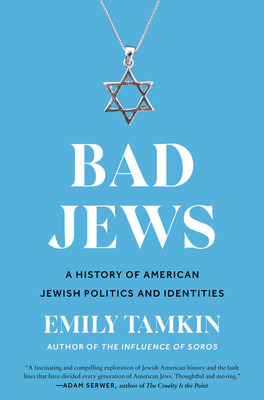


Nonfiction Recommendations: Jewish American Heritage Month
Black, White and Jewish by Rebecca Walker
The Civil Rights movement brought author Alice Walker and lawyer Mel Leventhal together, and in 1969 their daughter, Rebecca, was born. Some saw this unusual copper-colored girl as an outrage or an oddity; others viewed her as a symbol of harmony, a triumph of love over hate. But after her parents divorced, leaving her a lonely only child ferrying between two worlds that only seemed to grow further apart, Rebecca was no longer sure what she represented. In this book, Rebecca Leventhal Walker attempts to define herself as a soul instead of a symbol—and offers a new look at the challenge of personal identity, in a story at once strikingly unique and truly universal.
Bad Jews by Emily Tamkin
What does it mean to be a Bad Jew? Many Jews use the term “Bad Jew” as a weapon against other members of the community or even against themselves. You can be called a Bad Jew if you don’t keep kosher; if you only go to temple on Yom Kippur; if you don’t attend or send your children to Hebrew school; if you enjoy Christmas music; if your partner isn’t Jewish; if you don’t call your mother often enough. The list is endless.
In Bad Jews, Emily Tamkin argues that perhaps there is no answer to this timeless question at all. Throughout American history, Jewish identities have evolved and transformed in a variety of ways. American Jewish history is full of discussions and debates and hand wringing over who is Jewish, how to be Jewish, and what it means to be Jewish. In this book, Emily Tamkin examines the last 100 years of American Jewish politics, culture, identities, and arguments. Drawing on over 150 interviews, she tracks the evolution of Jewishness throughout American history, and explores many of the evolving and conflicting Jewish positions on assimilation; race; Zionism and Israel; affluence and poverty, philanthropy, finance, politics; and social justice. From this complex and nuanced history, Tamkin pinpoints perhaps the one truth about American Jewish It is always changing.
Genius & Anxiety by Norman Lebrecht
In a hundred-year period, a handful of men and women changed the way we see the world. Many of them are well known—Marx, Freud, Proust, Einstein, Kafka. Others have vanished from collective memory despite their enduring importance in our daily lives. Without Karl Landsteiner, for instance, there would be no blood transfusions or major surgery. Without Paul Ehrlich, no chemotherapy. Without Siegfried Marcus, no motor car. Without Rosalind Franklin, genetic science would look very different. Without Fritz Haber, there would not be enough food to sustain life on earth.
What do these visionaries have in common? They all had Jewish origins. They all had a gift for thinking in wholly original, even earth-shattering ways. In 1847 the Jewish people made up less than 0.25% of the world’s population, and yet they saw what others could not. How? Why?
Norman Lebrecht has devoted half of his life to pondering and researching the mindset of the Jewish intellectuals, writers, scientists, and thinkers who turned the tides of history and shaped the world today as we know it. In Genius & Anxiety, Lebrecht begins with the Communist Manifesto in 1847 and ends in 1947, when Israel was founded. This robust, magnificent volume, beautifully designed, is an urgent and necessary celebration of Jewish genius and contribution.
People Love Dead Jews by Dara Horn
Renowned and beloved as a prizewinning novelist, Dara Horn has also been publishing penetrating essays since she was a teenager. Often asked by major publications to write on subjects related to Jewish culture—and increasingly in response to a recent wave of deadly antisemitic attacks—Horn was troubled to realize what all of these assignments had in common: she was being asked to write about dead Jews, never about living ones. In these essays, Horn reflects on subjects as far-flung as the international veneration of Anne Frank, the mythology that Jewish family names were changed at Ellis Island, the blockbuster traveling exhibition Auschwitz, the marketing of the Jewish history of Harbin, China, and the little-known life of the "righteous Gentile" Varian Fry. Throughout, she challenges us to confront the reasons why there might be so much fascination with Jewish deaths, and so little respect for Jewish lives unfolding in the present.
Horn draws upon her travels, her research, and also her own family life—trying to explain Shakespeare’s Shylock to a curious ten-year-old, her anger when swastikas are drawn on desks in her children’s school, the profound perspective offered by traditional religious practice and study—to assert the vitality, complexity, and depth of Jewish life against an antisemitism that, far from being disarmed by the mantra of "Never forget," is on the rise. As Horn explores the (not so) shocking attacks on the American Jewish community in recent years, she reveals the subtler dehumanization built into the public piety that surrounds the Jewish past—making the radical argument that the benign reverence we give to past horrors is itself a profound affront to human dignity.
#jewish american heritage month#jewish heritage#judaism#nonfiction#nonfiction books#Nonfiction Reading#history#Reading Recs#reading recommendations#Book Recommendations#book recs#TBR pile#tbr#tbrpile#to read#Want To Read#Booklr#book tumblr#book blog#library blog
45 notes
·
View notes
Text
Can not recommend the book highly enough. Jon Krakauer is a truly marvelous historian.
Check your local library for a physical or audio book!
oh so the military propaganda in the beginning of the super bowl about the player who joined up after 9/11 and was killed “in the line of duty” is actually so much worse than I thought because he was killed by FRIENDLY fire after he criticized the war/called invading iraq “fucking illegal” and the army tried covering up his death

#pat tillman#Jon Krakauer#where men win glory#Afghanistan#Iraq#anti war#noam chomsky#nonfiction reading#history#acab#leftist learning
30K notes
·
View notes
Text

"Some twelve thousand muskets were double-loaded, and half of those more than triple. One rifle even had twenty-three balls in the barrel — which is absurd. These soldiers had been thoroughly drilled by their officers. Muskets, they all knew, were designed to discharge one ball at a time. So what were they doing? Only much later did historians figure it out: loading a gun is the perfect excuse not to shoot it. And if it happened to be loaded already, well, you just loaded it again. And again.
— Humankind: A Hopeful History by Rutger Bregman
3K notes
·
View notes
Text
the thing about trying to recommend fiction podcasts to someone who isn't familiar with them is that not only are so so many genres represented but also the level of production can fall anywhere from "basically an audiobook" to "major motion picture minus the pictures"
#original#idk just something i think about sometimes#you can read a description to get a sense of the genre/plot/vibe but you truly dont know What exactly youre getting into till you listen#with nonfiction podcasts it tends to be easier to get a read on whether its gonna be like. some buddies fucking around with a mic#or more like a whole documentary#or with fiction books there can be different framings but the actual makeup of the thing is almost always the same#idk what im saying at this point i need to stop putting so much bullshit in tags#whatever#audio drama
7K notes
·
View notes
Text
heya comrades, before you share and comment on that booktoker screenshot going around about skipping long paragraphs in novels I would like to remind you that having trouble reading long blocks of text is a very common symptom of dyslexia, and even if the people in the screenshots aren't dyslexic you should still keep people with reading disabilities in mind before you say anything moralizing about "illiteracy"
#marina marvels at life#also I saw someone comment on that post 'I read nonfiction so it's all important and I don't skip anything'#as though skimming nonfiction is not a taught and encourged practice in academia
429 notes
·
View notes
Text








🍉 Books for Read Palestine Week 2024 [ Nov 29 - Dec 5 ]
✨ This guide will no doubt get hidden, given the topic, so please help me by sharing this!
❓What are you reading this week?
🍉 Educate and empathize! Here are 82 books you can read for Read Palestine Week! I've included 26 queer books for those of you who #readqueerallyear as well. Please read these books to learn more about the Palestinian experience. Shukran (thank you)!
✨ Poetry 🍉 Enemy of the Sun - (ed) Edmund Ghareeb and Naseer Aruri 🍉 A Mountainous Journey - Fadwa Tuqan 🍉 So What - Taha Muhammad Ali 🍉 Affiliation - Mira Mattar 🍉 The Butterfly's Burden - Mahmoud Darwish 🍉 Born Palestinian, Born Black & The Gaza Suite - Suheir Hammad 🍉 Breaking Poems - Suheir Hammad 🍉 In the Presence of Absence - Mahmoud Darwish 🍉 Rifqa - Mohammed el-Kurd 🍉 My Voice Sought the Wind - Susan Abulhawa 🍉 Blood Orange - Yaffa 🏳️🌈 🍉 To All the Yellow Flowers - Raya Tuffaha 🏳️🌈 🍉 Before the Next Bomb Drops - Remi Kanazi 🍉 Birthright - George Abraham 🏳️🌈 🍉 Tent Generations - Various 🍉 Who is Owed Springtime - Rasha Abdulhadi 🏳️🌈 🍉 The Twenty-Ninth Year - Hala Alyan 🏳️🌈 🍉 Some Things Never Leave You - Zeina Azzam 🍉 I Saw Ramallah - Mourid Barghouti 🍉 Nothing More To Lose - Najwan Darwish 🍉 The Specimen's Apology - George Abraham & Leila Abdelrazaq 🏳️🌈 🍉 Shell Houses - Rasha Abdulhadi 🏳️🌈 🍉 The Moon That Turns You Back - Hala Alyan 🍉 Things You May Find Hidden in My Ear - Mosab Abu Toha 🍉 Halal If You Hear Me - (ed) Fatimah Asghar & Safia Elhillo 🍉 Water & Salt -Lena Khalaf Tuffaha 🍉 Dear God. Dear Bones. Dear Yellow. - Noor Hindi 🏳️🌈
✨ Non-Fiction/Memoirs 🍉 Are You This? Or Are You This? - Madian Al Jazerah 🏳️🌈 🍉 This Arab is Queer - (ed) Elias Jahshan 🏳️🌈 🍉 Love is an Ex-Country - Randa Jarrar 🏳️🌈 🍉 Decolonial Queering in Palestine - Walaa Alqaisiya 🏳️🌈 🍉 Namesake: Reflections on A Warrior Woman - N.S. Nuseibeh 🍉 The Trinity of Fundamentals - Wisam Rafeedie 🍉 Between Banat - Mejdulene Bernard Shomali 🏳️🌈 🍉 Queer Palestine and the Empire of Critique - Sa'ed Atshan 🏳️🌈 🍉 They Called Me a Lioness: A Palestinian Girl's Fight for Freedom - Ahed Tamimi & Dena Takruri 🍉 Fashioning the Modern Middle East: Gender, Body, and Nation - Reina Lewis and Yasmine Nachabe Taan 🍉 Balcony on the Moon: Coming of Age in Palestine - Ibtisam Barakat 🍉 We Are Not Here to Be Bystanders: A Memoir of Love and Resistance - Linda Sarsour 🍉 Palestine: A Socialist Introduction - Sumaya Awad & Brian Bean 🍉 Voices of the Nakba - Diana Allan 🍉 Tracing Homelands - Linda Dittmar 🍉 Black Power & Palestine - Michael R. Fischbach 🍉 The Ethnic Cleansing of Palestine - Ilan Pappé 🍉 A Day in the Life of Abed Salama - Nathan Thrall 🍉 A Land with a People - Esther Farmer, Rosalind Petchesky, & Sarah Sills 🍉 Inara by Mx. Yaffa AS 🏳️🌈 🍉 Mural - Mahmoud Darwish 🍉 Light in Gaza - Jehad Abusalim, Jennifer Bing, & Michael Merryman lotze 🍉 The Palestine Laboratory by Antony Loewenstein 🍉 Gaza - Norman Finkelstein
✨ Fiction 🍉 A Map of Home - Randa Jarrar 🏳️🌈 🍉 You Exist Too Much - Zaina Arafat 🏳️🌈 🍉 The Skin and Its Girl - Sarah Cypher 🏳���🌈 🍉 Minor Detail - Adania Shibli 🏳️🌈 🍉 The Philistine - Leila Marshy 🏳️🌈 🍉 Muneera and the Moon - Sonia Sulaiman 🏳️🌈 🍉 Belladonna - Anbara Salam 🏳️🌈 🍉 Behind You Is The Sea - Susan Muaddi Darraj 🍉 The Coin - Yasmin Zaher 🍉 Guapa - Saleem Haddad 🏳️🌈 🍉 The Parisian - Isabella Hammad 🍉 Salt Houses - Hala Alyan 🍉 The Ordeal of Being Known - Malia Rose 🏳️🌈 🍉 From Whole Cloth - Sonia Sulaiman 🏳️🌈 🍉 Against the Loveless World - Susan Abulhawa 🍉 The Beauty of Your Face - Sahar Mustafah 🍉 Mornings in Jenin - Susan Abulhawa 🍉 My First and Only Love - Sahar Khalifeh 🍉 They Fell Like Stars From the Sky & Other Stories - Sheikha Helawy 🍉 Enter Ghost by Isabella Hammad 🍉 Wild Thorns - Sahar Khalifeh 🍉 A Woman is No Man - Etaf Rum 🍉 Mother of Strangers - Suad Amiry 🍉 Hazardous Spirits - Anbara Salam 🏳️🌈 🍉 The Book of Ramallah - Maya Abu Al-Hayat
🏳️🌈 Graphic Novels 🍉 Mis(h)adra - Iasmin Omar Ata 🍉 Confetti Realms - Nadia Shammas 🍉 Where Black Stars Rise - Nadia Shammas & Marie Enger 🍉 Nayra and the Djinn - Iasmin Omar Ata 🍉 Squire - Nadia Shammas & Sara Alfageeh 🍉 My Mama's Magic - Amina Awad
#save palestine#palestine books#palestinian books#palestinian authors#books#book reader#booklr#book blog#books of tumblr#reader#readers of tumblr#readers#queer#queer books#sapphic books#sapphic romance#wlw romance#wlw post#wlw fiction#book#reading#graphic novels#literary fiction#historical fiction#young adult fiction#fiction books#nonfiction#memoir#batty about books#battyaboutbooks
299 notes
·
View notes
Text
#felt the need to add the only fanfic option cos i know that so many people would put that as fiction#but for this i am mostly interested in purchasing or finding actual published books.#for the purpsoes of this poll comics/graphic novels count in the 'i dont read fiction or nonfiction books' as id classify them as a type
2K notes
·
View notes
Photo

The Top 5 Longreads of the Week
Our Top 5 has landed! This week we have stories on:
Monetizing humanity
Tracking a fake terrorist
Identity at an intersection
Noodling a catfish
The power of children’s books
To find out why these stories made the list read here.
165 notes
·
View notes
Text


🍂 I am utterly in love with this book and learning about Victorian flower language. 🍂
#bookblr#booklr#bookstagram#book photography#floriography#victorian flower language#flower language#jessica roux#book blog#bookish#books#nonfiction#nonfiction books#book aesthetic#books and reading#bookworm#bookish aesthetic#reading blog#reading aesthetic#book reading#reading#books books books#readers of tumblr#readers#books to read#reading now
343 notes
·
View notes
Text

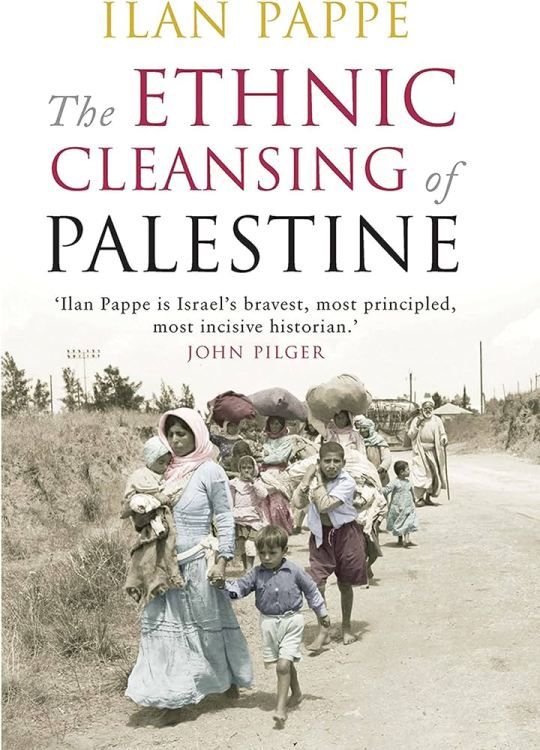
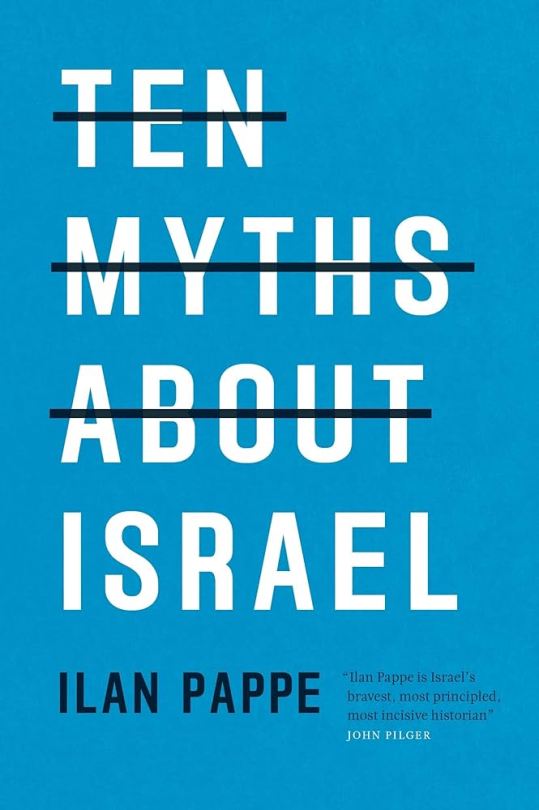
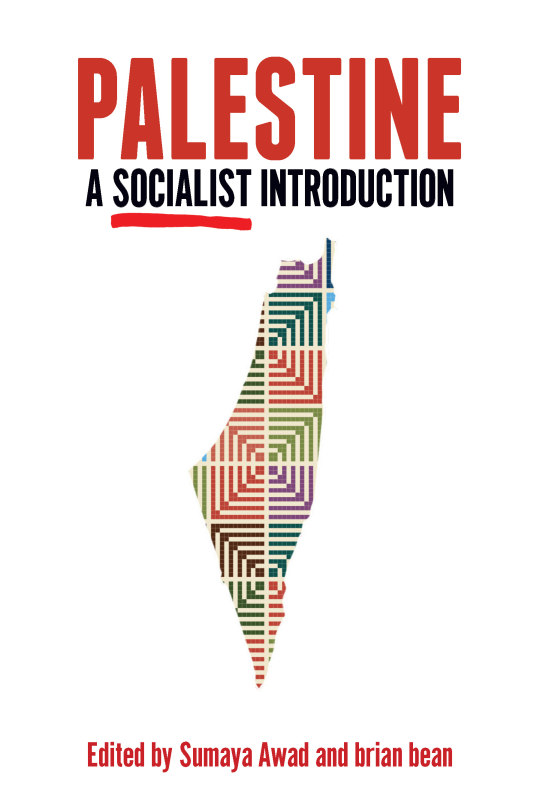

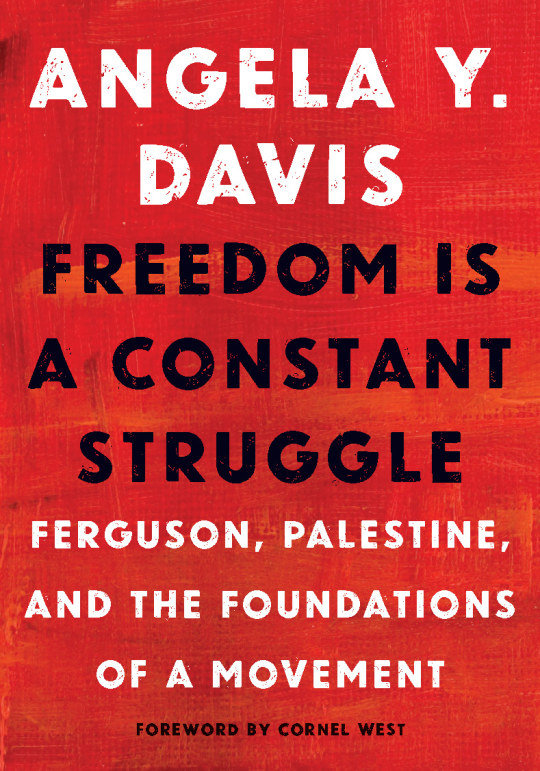
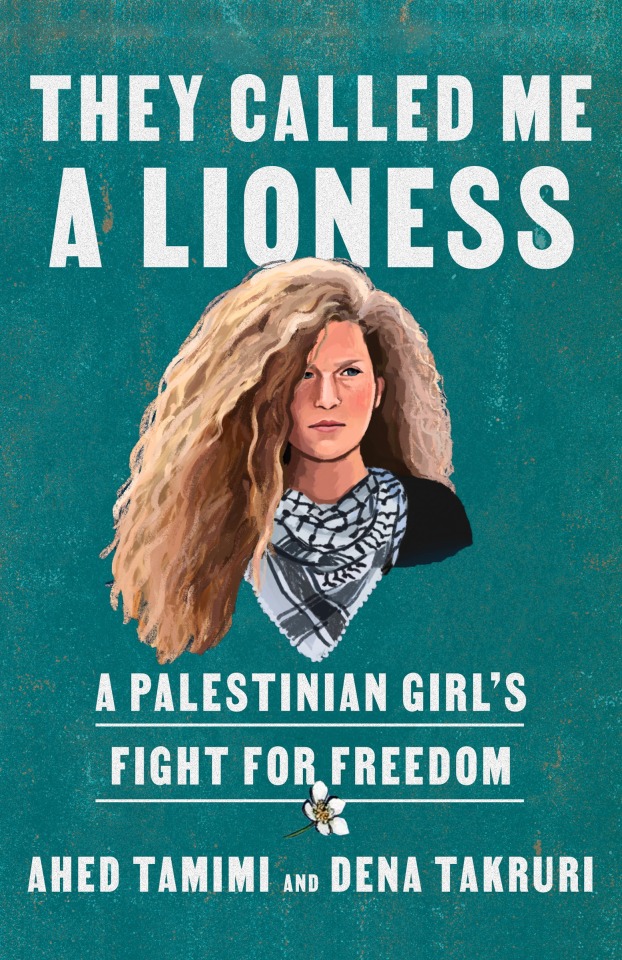
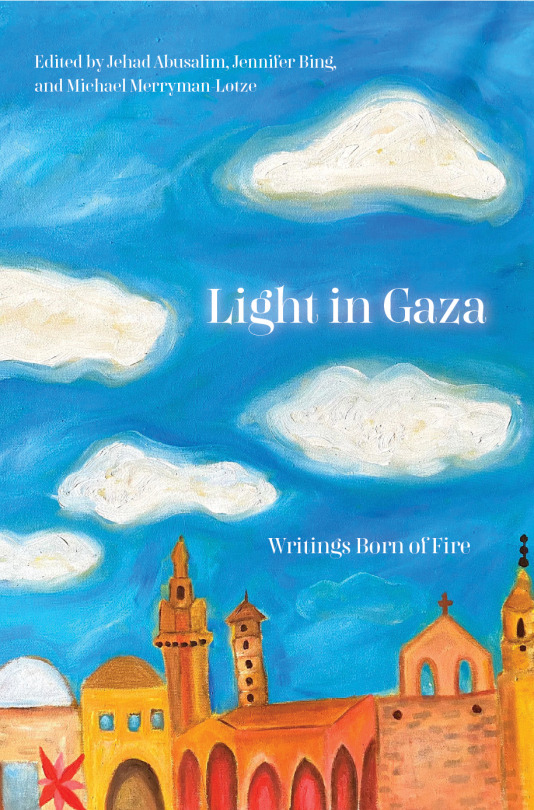

I don't post much about nonfiction on here, but considering the strike this week I thought I'd share some of the books I've read on Palestine/Gaza in the last couple months. I got these for free from haymarket books & verso books (or my library). I recommend picking up some if not all of these.
The Hundred Years War on Palestine & The Ethnic Cleansing of Palestine go into the last 100 years of Palestine's history and occupation
Ten Myths About Israel gives a bit of an more brief overview centred around Israeli propaganda
A Socialist Revolution and BDS go into history & freedom/rights movements & institutional boycotts, in Palestine and globally
Freedom Is A Constant Struggle connects Palestinian liberation movements with Ferguson and Black liberation in the US
They Called Me A Lioness is about the experiences of Palestinians in the West Bank, and a teen girls' 8 month imprisonment
Light In Gaza is various essays on different elements of oppression, resistance, and life in Gaza
The Palestine Laboratory is about Israel's military tech being developed & tested on Palestinians and how it's used all around the world.
Palestinian Walks: Forays Into a Vanishing Landscape: about how the occupation has changed the land over time and the effects of this
#free palestine#if you find nonfiction hard to read try find an audiobook i find i absorb things much better in audio 👍#I actually only just started the last one but#(I'm not great at summarising things but hopefully these make sense)
880 notes
·
View notes
Text

#people love dead jews#dara horn#nonfiction#essays#book poll#have you read this book poll#polls#requested
182 notes
·
View notes
Photo

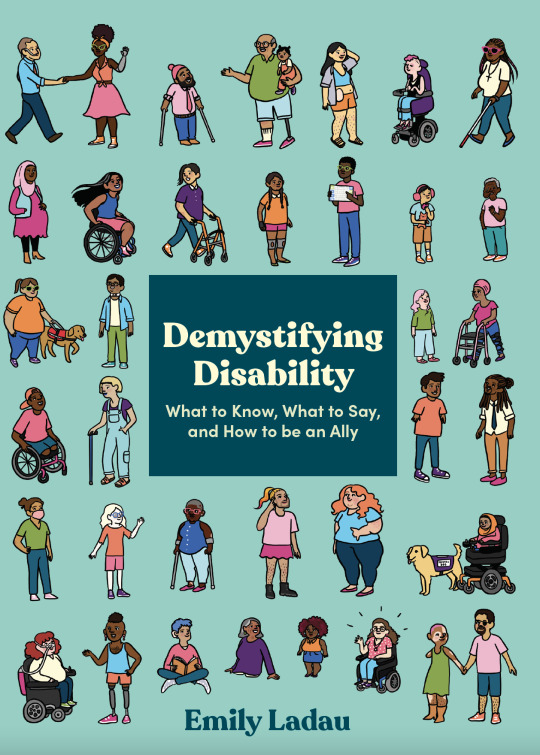
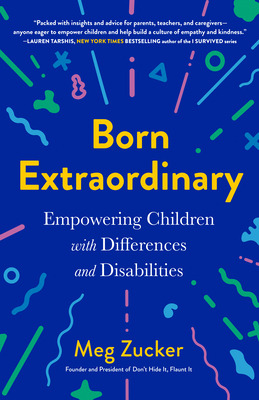

Disability Pride Month: Nonfiction Recommendations
A Disability History of the United States by Kim E. Nielsen
Disability is not just the story of someone we love or the story of whom we may become; rather it is undoubtedly the story of our nation. Covering the entirety of US history from pre-1492 to the present, A Disability History of the United States is the first book to place the experiences of people with disabilities at the center of the American narrative. In many ways, it’s a familiar telling. In other ways, however, it is a radical repositioning of US history. By doing so, the book casts new light on familiar stories, such as slavery and immigration, while breaking ground about the ties between nativism and oralism in the late nineteenth century and the role of ableism in the development of democracy.
A Disability History of the United States pulls from primary-source documents and social histories to retell American history through the eyes, words, and impressions of the people who lived it. As historian and disability scholar Nielsen argues, to understand disability history isn’t to narrowly focus on a series of individual triumphs but rather to examine mass movements and pivotal daily events through the lens of varied experiences. Throughout the book, Nielsen deftly illustrates how concepts of disability have deeply shaped the American experience—from deciding who was allowed to immigrate to establishing labor laws and justifying slavery and gender discrimination. Included are absorbing—at times horrific—narratives of blinded slaves being thrown overboard and women being involuntarily sterilized, as well as triumphant accounts of disabled miners organizing strikes and disability rights activists picketing Washington.
Demystifying Disability by Emily Ladau
An approachable guide to being a thoughtful, informed ally to disabled people, with actionable steps for what to say and do (and what not to do) and how you can help make the world a more accessible, inclusive place.
Disabled people are the world’s largest minority, an estimated 15 percent of the global population. But many of us–disabled and non-disabled alike–don’t know how to act, what to say, or how to be an ally to the disability community. Demystifying Disability is a friendly handbook on important disability issues you need to know about, including:
• How to appreciate disability history and identity • How to recognize and avoid ableism (discrimination toward disabled people) • How to be mindful of good disability etiquette • How to appropriately think, talk, and ask about disability • How to ensure accessibility becomes your standard practice, from everyday communication to planning special events • How to identify and speak up about disability stereotypes in media
Authored by celebrated disability rights advocate, speaker, and writer Emily Ladau, this practical, intersectional guide offers all readers a welcoming place to understand disability as part of the human experience.
Born Extraordinary by Meg Zucker
Meg Zucker was born with one finger on each hand, shortened forearms, and one toe on each misshapen foot, caused by a genetic condition called ectrodactyly. She would eventually pass this condition on to her two sons, and, along with her husband, raise them and their adopted daughter, who has her own invisible differences. Born of the family’s hard-won experiences, this book offers invaluable advice on raising confident, empathetic, and resilient children who succeed, not despite but because of their differences.
Born Extraordinary helps parents of children with differences and disabilities to relinquish their instinctive anxieties, embrace their new normal, and ultimately find joy in watching their children thrive. Often the subjects of unwanted attention—ranging from pitying stares to bullying—Zucker and her sons have learned to ignore what others think and live fearlessly. Also incorporating the stories of other families with visible and invisible differences of all kinds, Born Extraordinary gives parents the tools to meet their children’s emotional needs while supporting the whole family unit. Parents learn how best to empower their children to confront others’ assumptions, grow in confidence, and encourage dialogue—rather than silence, fear, and shame—around difference.
Enabling Acts by Lennard J. Davis
The Americans with Disabilities Act (ADA) is the widest-ranging and most comprehensive piece of civil rights legislation ever passed in the United States, and it has become the model for disability-based laws around the world. Yet the surprising story behind how the bill came to be is little known.
In this riveting account, acclaimed disability scholar Lennard J. Davis delivers the first on-the-ground narrative of how a band of leftist Berkeley hippies managed to make an alliance with upper-crust, conservative Republicans to bring about a truly bipartisan bill. Based on extensive interviews with all the major players involved including legislators and activists, Davis recreates the dramatic tension of a story that is anything but a dry account of bills and speeches. Rather, it’s filled with one indefatigable character after another, culminating in explosive moments when the hidden army of the disability community stages scenes like the iconic “Capitol Crawl” or an event when students stormed Gallaudet University demanding a “Deaf President Now!”
From inside the offices of newly formed disability groups to secret breakfast meetings surreptitiously held outside the White House grounds, here we meet countless unsung characters, including political heavyweights and disability advocates on the front lines. “You want to fight?” an angered Ted Kennedy would shout in an upstairs room at the Capitol while negotiating the final details of the ADA. Congressman Tony Coelho, whose parents once thought him to be possessed by the devil because of his epilepsy, later became the bill’s primary sponsor. There’s Justin Dart, adorned in disability power buttons and his signature cowboy hat, who took to the road canvassing 50 states, and people like Patrisha Wright, also known as “The General,” Arlene Myerson or “the brains,” “architect” Bob Funk, and visionary Mary Lou Breslin, who left the hippie highlands of the West to pursue equal rights in the marble halls of DC.
#disability pride month#disabilities#social justice#history#nonfiction#nonfiction reads#nonfiction books#Nonfiction Reading#Library Books#Book Recommendations#book recs#Reading Recs#reading recommendations#TBR pile#tbr#tbrpile#to read#Want To Read#Booklr#book tumblr#book blog#library blog
16 notes
·
View notes
Text
Each of us is ultimately alone: a discrete little being with access only to our own senses and sensations, our own thoughts, and our own fragile body. Left to fumble for meaning in our constant pursuit of imperfect intimacies. We submit ourselves endlessly to that mortifying ordeal of knowing each other, just for the chance to be alone together. Language might be the best thing that we have to bring the void between ourselves, but it will never be enough.
Carrow Narby, "Indescribable" from It Came from the Closet: Queer Reflections on Horror
573 notes
·
View notes
Text
The Ocean is terrifying!
Here are some book recommendations to prove it!


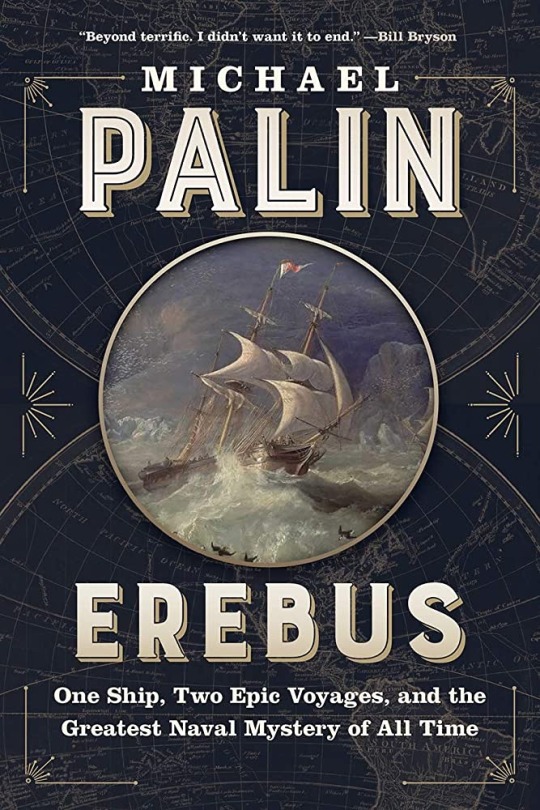



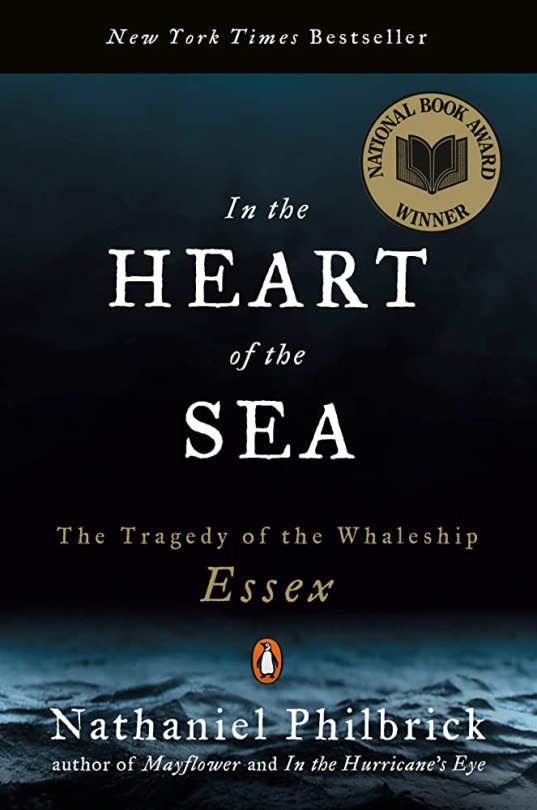

#book recommendations#book rec list#booklr#oceangate#the titanic#titanic#maritime disaster#book recs 2023#now that I have all of your undivided attention - read these!#they are a mix of fiction/historical nonfiction#but all still terrifying!
2K notes
·
View notes